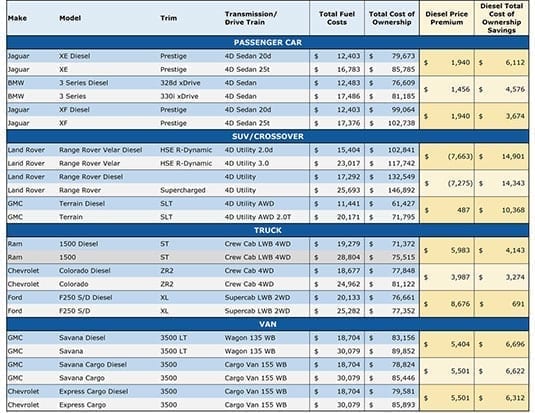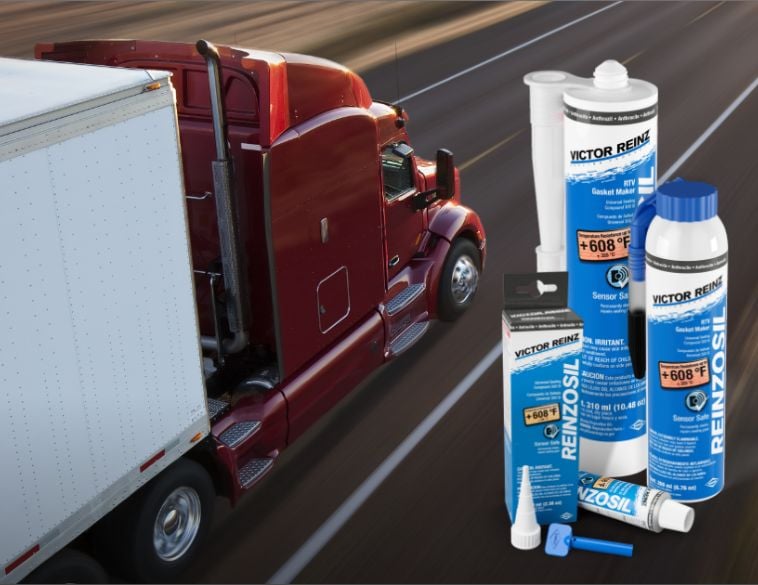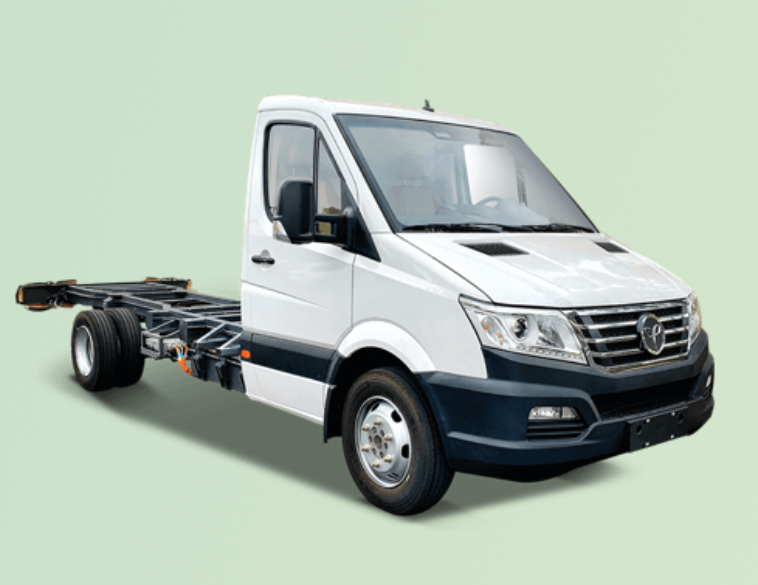New report explains which diesel vehicles provide a true cost of ownership advantage.
Vincentric’s 2018 Canadian Diesel Analysis provides fleets with a cost comparison of 856 diesel and gasoline powered vehicles. In all, 428 diesel vehicles were analyzed, and when compared to their closest gasoline-powered equivalents, the results revealed that only 28% (118 out of the overall 428 diesel vehicles) offered a lower total cost of ownership.
Of the 368 diesel trucks, only 60 (16%) were found to be cost effective. More specifically, 33% of 1/2 ton and smaller diesel pickups are cost-effective, and only 12% of heavy-duty (3/4 and one ton) pickups are cost-effective.
Price premium
Vincentric examined eight factors for each vehicle to determine the cost of ownership—depreciation, fuel costs, fees and taxes, financing, insurance, maintenance, opportunity cost, and repairs—and determined that diesels tend to have a higher total cost of ownership due to their price premium.
Historically, this price premium has been offset by lower diesel prices at the pump. However, since October 2018, diesel has become more expensive than gasoline in Canada.
“When that happens, the vehicle loses its price advantage,” explains David Wurster, President of Vincentric. “That causes the vehicle to lose any mileage advantage it has.”
The cost of maintenance also has an impact on the cost of ownership. According to Vincentric, maintenance for diesel trucks costs $2,019 more over five years on average than for their gasoline counterparts.
Wurster adds that “the fleet industry has been very good at using cost of ownership to help select the vehicles they want in their fleet. When they’re investing in a vehicle or asset, it’s really important to be looking at the cost over time as opposed to only the purchase price of a vehicle.”
They’re not so bad
There is still hope for diesel vehicles, though. As stated before, there are still 118 diesel vehicles that are considered cost-effective. For instance, diesel cars are $199 less expensive to maintain than their gasoline-powered counterparts (over a five-year term).
“While there may be trends and generalities that could be observed from looking at the data, customers aren’t purchasing these trends and generalities,” Wurster explains. “They are purchasing a specific vehicle, and the lesson to take away from this analysis is that you can find a cost-effective vehicle in all of the different segments.”
The chart on this page represents the total cost of ownership, showing the top three diesel vehicles from each category with the greatest savings. It is important to note that the fuel prices used in these reports are based on a weighted average over a period of five months, to ensure that the analysis reflects current market trends. The report also assumes that the vehicles are owned over a five-year timeframe and driven 25,000 km annually.
“Our basic message is: don’t start by looking at the price of the vehicle. Look at how much it costs to own and operate that vehicle over time. That’s how you pick a better vehicle for your business or even your household,” says Wurster.



